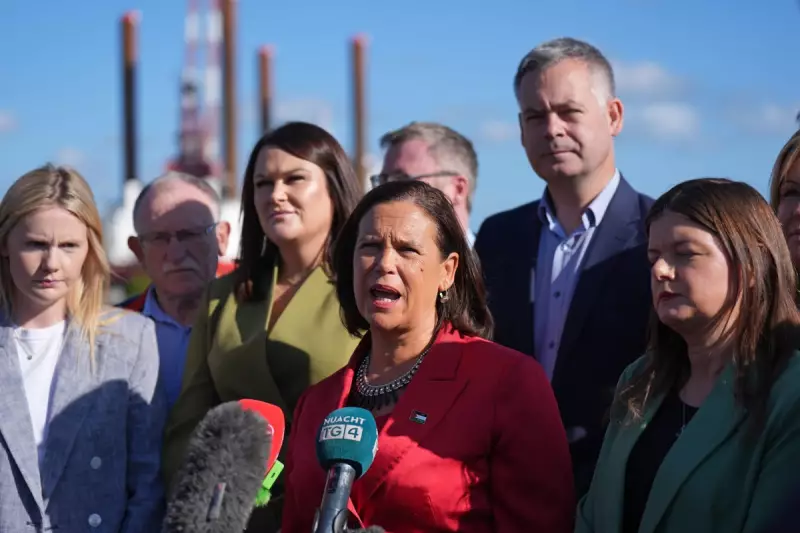
Irish political tensions have reached new heights as Sinn Féin president Mary Lou McDonald faces potential legal repercussions for her controversial role in the recent presidential nomination process. The prominent politician finds herself at the centre of a brewing storm that threatens to reshape the landscape of Irish political dynamics.
The controversy stems from McDonald's decision to nominate a presidential candidate despite her party's insufficient representation in the Oireachtas, the Irish parliament. Under Ireland's stringent electoral rules, presidential nominees must either secure the support of 20 members of the Oireachtas or receive backing from four separate county councils.
Breach of Electoral Protocol
McDonald's move has been deemed a clear violation of established electoral protocols, potentially resulting in substantial financial penalties. The situation has ignited fierce debate across the political spectrum, with opponents accusing Sinn Féin of disregarding democratic processes.
Fine Gael, one of Ireland's major political parties, has been particularly vocal in its criticism of McDonald's actions. Party representatives have condemned what they describe as a blatant attempt to circumvent established democratic norms, calling for full accountability.
Political Fallout and Public Reaction
The incident has sparked widespread discussion about the integrity of Ireland's electoral system and the importance of maintaining strict adherence to constitutional requirements. Political analysts suggest this controversy could have significant implications for Sinn Féin's standing among voters who value procedural integrity.
Public reaction has been mixed, with some viewing the potential fine as appropriate enforcement of electoral rules, while others see it as disproportionate political targeting. The situation continues to develop as legal experts weigh in on the potential consequences for McDonald and her party.
This development comes at a sensitive time in Irish politics, with parties positioning themselves ahead of future electoral contests. The outcome of this situation could influence voter perceptions and party strategies in the coming months.





